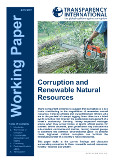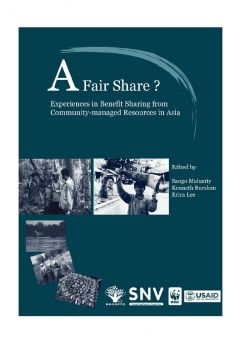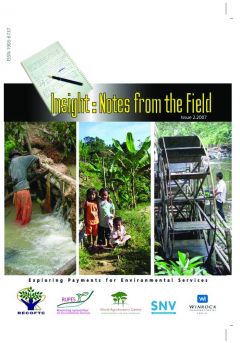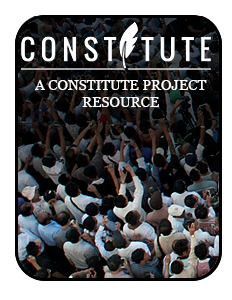Managing conflict over natural resources in greater Kordofan, Sudan
"Despite the 2005 Comprehensive Peace Agreement, which brought to an end 20 years of civil war in the Sudan, this country continues to experience smaller-scale conflicts, particularly around access to and control of natural resources. Some observers lay the blame for this on ethnopolitical or tribal divisions. However, this paper argues that there are a variety of factors at play behind these conflicts, notably the combination of resource scarcity with a crisis of governance that is particularly evident in transitional areas like the Kordofan region.








